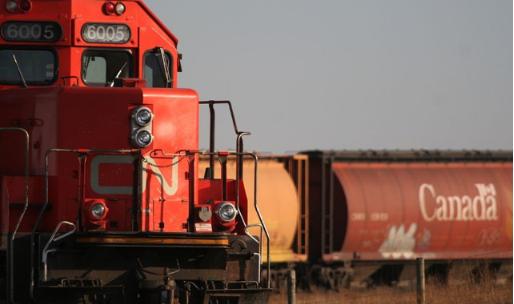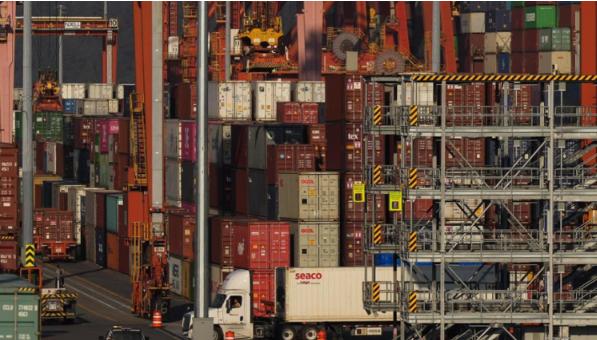0086 18049845758
 GOLDEN PAPER
GOLDEN PAPER
 GOLDEN PAPER
GOLDEN PAPER
Recently, Canada's transportation industry is shrouded in an unprecedented crisis. Nearly 10,000 railway employees of two major railway companies, Canadian National Railway (CN) and Canadian Pacific Kansas City (CPKC), as well as the Port of Vancouver, an important port on the west coast of Canada, plan to strike on August 22. This chain reaction is likely to hit timber transportation.

The Freight Management Association and the Vancouver Board of Trade (GVBOT) jointly warned of this double crisis: the strike action of rail workers will directly cut off the transportation lifeline of key commodities such as lumber, causing serious obstruction of the supply chain.To make matters worse, the threat of a strike by dockworkers at the Port of Vancouver, if realized, will paralyze the entire port operation and further aggravate the transportation dilemma.
According to the Vancouver Board of Trade, Canadian railways carry up to $1 billion worth of goods every day. Among them, the export volume of the Port of Vancouver alone exceeds $22 billion per year.
Obviously, the strike will seriously affect the transportation of Canadian lumber and wood products by rail to major shipping ports on the West Coast.

Faced with this grim situation, John Corey, president of the Freight Management Association, pointed out that each railroad strike will take at least a week to restore the normal order of the supply chain, and its subsequent impact may last for months.
More seriously, the threat of a strike itself is enough to change market behavior, forcing shippers to find alternative transportation routes or methods in advance, which will undoubtedly increase market volatility and uncertainty.

Bridgitte Anderson, chair of the Vancouver Board of Trade, expressed deep concern about the total shutdown of the railway system in a press release.She pointed out that this will severely limit Canadians' access to goods and products, thereby pushing up prices and increasing the economic burden on society. As the national economy gradually stagnates, the livelihoods of millions of workers will also be seriously threatened.Ken Peacock, chief economist of the British Columbia Business Council, further analyzed that resource companies that rely on railways to transport commodities such as coal and timber may have to take extreme measures to cut production when facing a railway strike, which is actually equivalent to shutting down the operation of the entire port.

Given Canada's high reliance on rail for imports and exports, even a short strike will have a profound impact on the supply chain, and the trucking industry, due to its limited carrying capacity, is simply unable to fill this huge gap.
It is reported that the 13-day strike of dock workers at the Port of Vancouver in 2023 has caused huge losses to the local area, with daily economic losses of up to US$800 million, and it took several months to gradually clear the backlog of goods.
Today, Canada's transportation industry is facing unprecedented challenges. How to effectively respond to the threat of strikes at railways and ports, maintain the stability of the supply chain and unimpeded transportation has become a key issue that the Canadian government, enterprises and all sectors of society need to solve urgently.